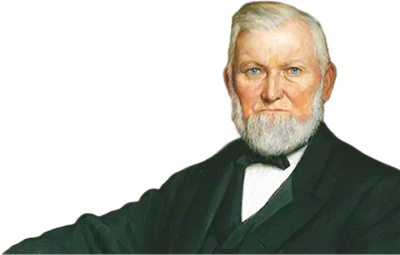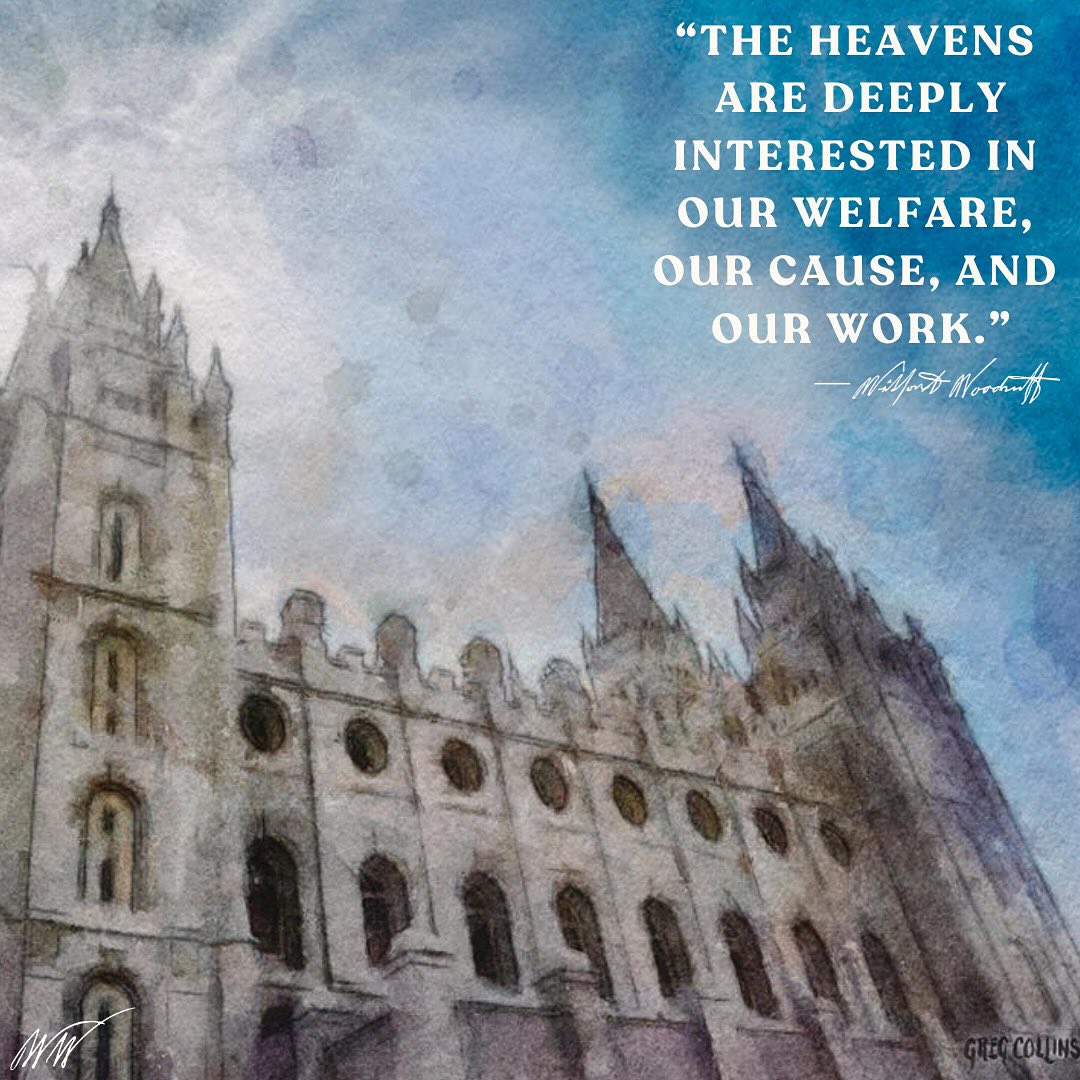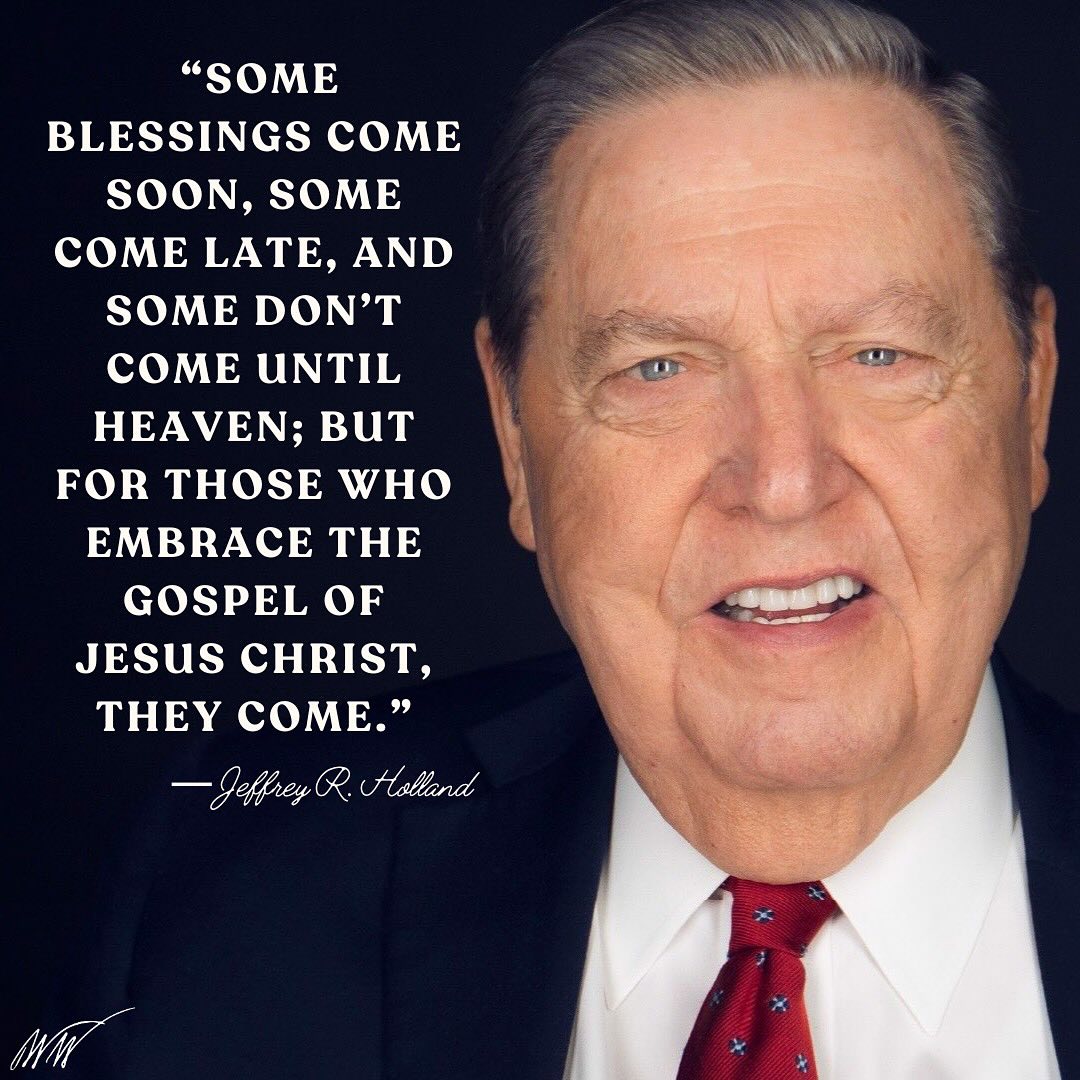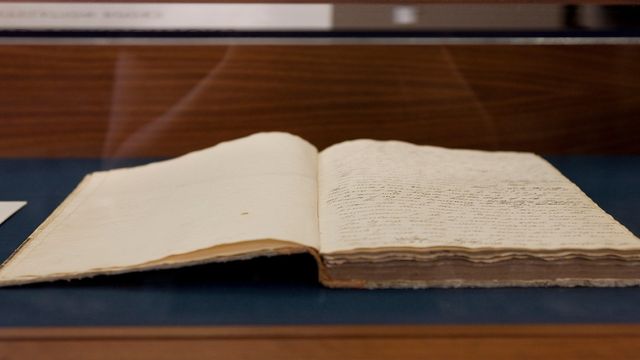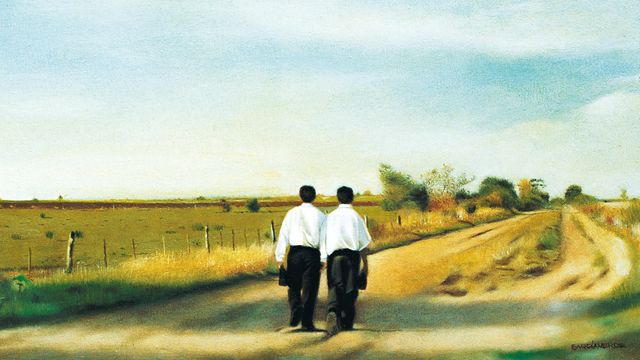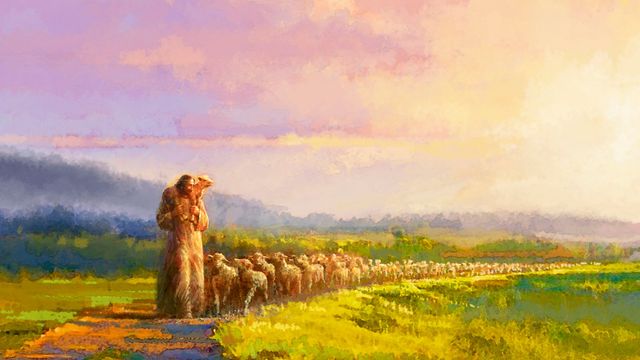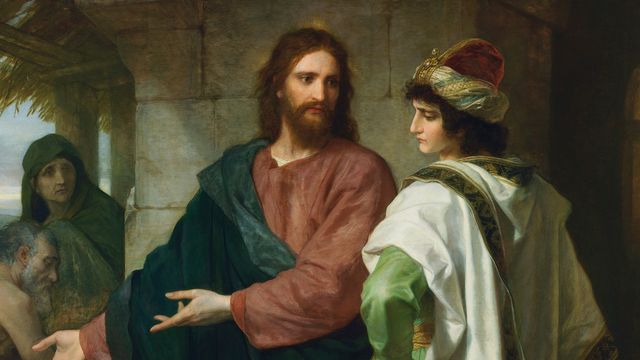
Carousel
Recent Media“Seek ye me, and ye shall live.”
—Amos 5:4
In a letter to Orson Pratt, Wilford Woodruff shared the story of two handcart companies arriving in Great Salt Lake City.1 He described the pioneers as they came home where they were escorted by lancers and brass bands, where they danced in the streets, where they were greeted by thousands, and where their "hearts swelled until [they] were speechless with joy." Wilford wrote, “As I gazed upon the scene . . . it looked to me like the first hosting of the flood gates of deliverances to the oppressed millions; we can now say to the poor, and honest in heart, Come home to Zion; for the way is prepared.” After walking 1,400 miles through the dust, dragging hand carts behind them, these pioneers were finally home.
But the pioneers could not make it home alone. They needed leaders—in this case Elders Edmund Ellsworth and Daniel D. McArthur, two men who had already made the trek and already knew the way. They led the companies, walking all the way, drawing handcarts, healing the sick, strengthening the weak, and staying with their companies until the end. Wilford Woodruff described their dedication, detailing that “Elder Ellsworth, while passing his own house, and seeing his wives and children standing in the door did not stop to speak to them, but only saluted them while passing, and remained with his company until they were encamped and fed.”
Like how the pioneers had to embark on a journey across the wilderness to a new home in Utah, each of us must embark on a journey down the covenant path to a heavenly home. While the pioneers had a journey of 1,400 miles, we have a journey of only five steps: being baptized, receiving the gift of the Holy Ghost, going through the temple, being sealed in marriage, and enduring to the end.2 Some of us have the opportunity to walk this path while alive on Earth, while many more have passed on before they could join us. But God has a plan; hope is not lost. Our ancestors who passed on without receiving these saving ordinances can still make it home to heaven. Like the pioneers that needed a leader to take them across the plains, our ancestors need help from people like us that have already embarked on the path to salvation. When we go to the temple and engage in proxy ordinances, we give our ancestors the choice to move forward on the path to heaven, and as Gordon B. Hinckley said, “We literally become saviors on Mount Zion.”3
When we serve our ancestors in the temple, we walk with them, bear their figurative handcarts, help them partake of ordinances that allow them to be healed and strengthened, and lead them home toward heaven where we will be escorted by lancers and brass bands, where we will dance in the streets, where we will be greeted by thousands, and where “our hearts [will swell] until we [are] speechless with joy.” When we serve in the temple, we join Wilford Woodruff in saying to the poor and honest in heart, “Come home to Zion; for the way is prepared.”
— Katlyn Linville, Editorial Assistant

Katlyn Linville is an aspiring author and is currently majoring in English at Brigham Young University–Idaho. After gaining a fondness for Church history on a senior trip to Nauvoo, it was only natural that she jumped at the chance to work with the Wilford Woodruff Papers Foundation as an Editorial Assistant.
